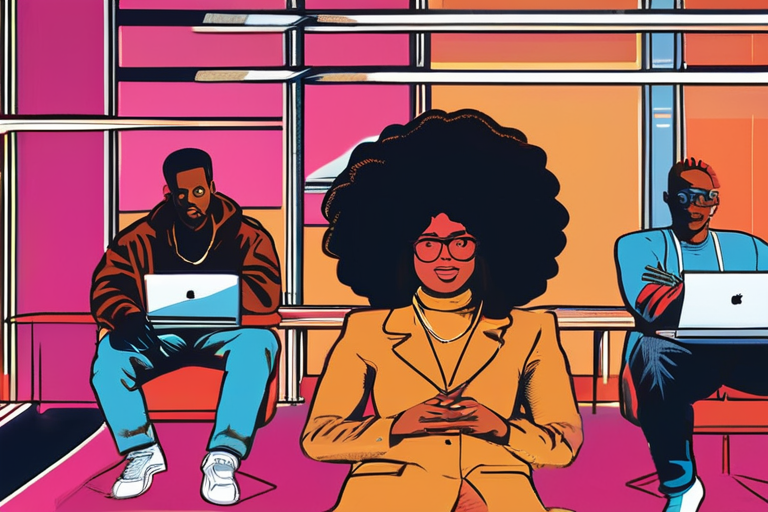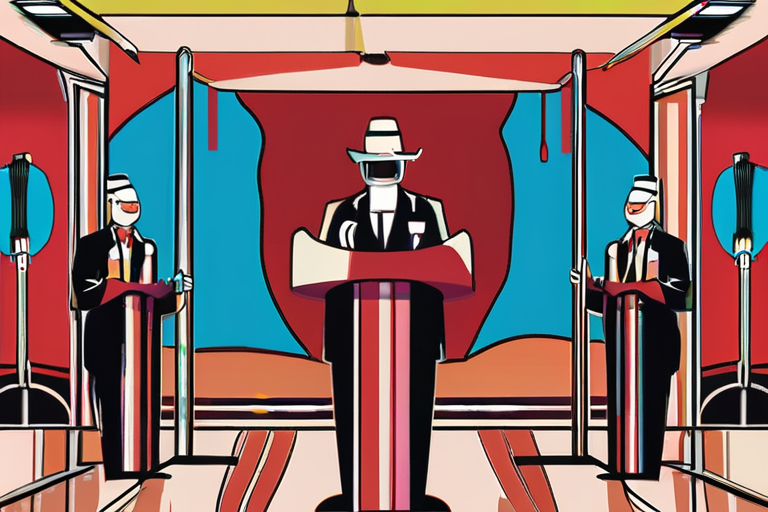Indie Leaders Unite Against UMG-Downtown Deal: A Threat to Music Industry Independence


Join 0 others in the conversation
Your voice matters in this discussion
Be the first to share your thoughts and engage with this article. Your perspective matters!
Discover articles from our community

 Hoppi
Hoppi

 Hoppi
Hoppi

 Hoppi
Hoppi

 Hoppi
Hoppi

 Hoppi
Hoppi

 Hoppi
Hoppi

Breaking News: F.A.M.E. Launches to Empower Black Canadian Music Managers A groundbreaking initiative is shaking up the music industry in …

Hoppi

Pieter van Rijn Courtesy Pieter van Rijn As opposition to the 775 million acquisition of Downtown Music Holdings by Virgin …

Hoppi

The Battle for Music Industry Independence: Indie Leaders Unite Against UMG-Downtown Deal In a bold move, leaders of the independent …

Hoppi

Billboard's Music Industry Events Calendar: A Month of Festivals, Conferences, and Networking Opportunities As the music industry continues to evolve, …

Hoppi

Spotify Denies Recent Accusation of Changing Terms for Artists In a public statement this week, Spotify addressed the recent accusation …

Hoppi

The Music Industry's Broken Business Model: How OpenWav Aims to Give Artists the Power Back Imagine being a talented musician, …

Hoppi